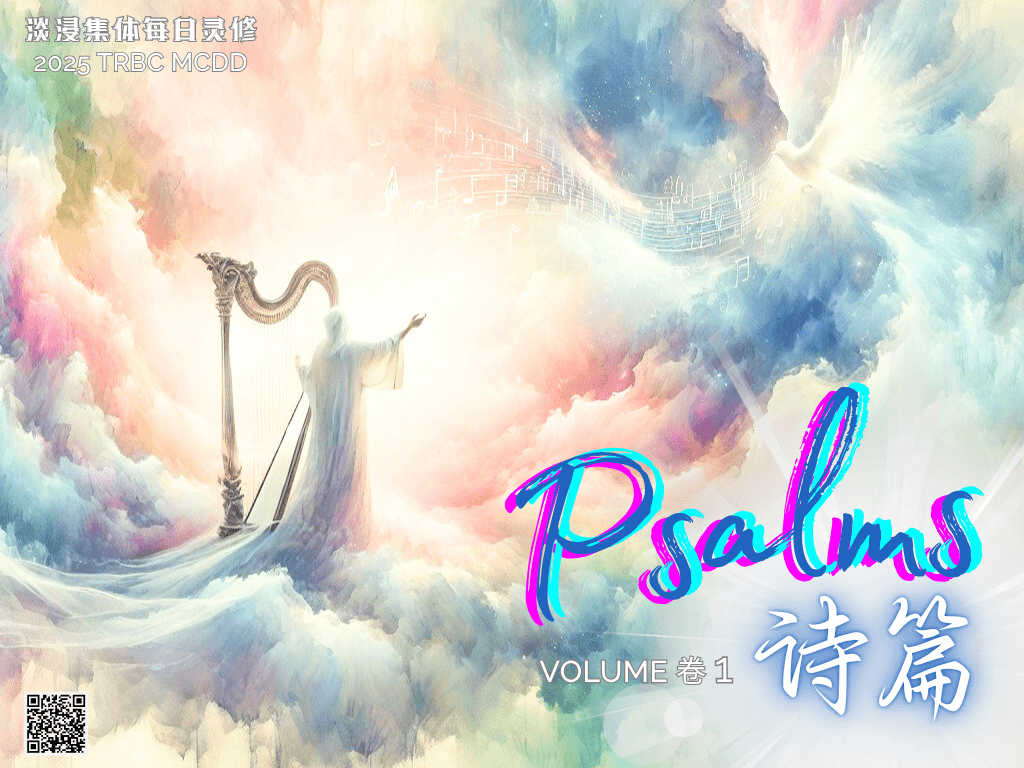Last 5 Days

God Hears His People

Click here to read Ch10
The similar themes in Psalm 9 and Psalm 10 have led some to suggest they are one psalm. But Psalm 10 stands alone as the psalmist lamented on the seeming prosperity of the wicked and his confidence in God’s judgments against them.
In verses 1-4, he begins with a genuine cry to God about the apparent silence in the face of wickedness. In verses 5-7, he complains about the pride and arrogance of the wicked for thinking they are untouchable in their prosperity. He wants God to do something about them and their abuse of the poor. In verses 8-11, he describes the violent and blasphemous ways of the wicked who mocked their victims as they said that their God had forgotten them.
The psalmist’s lament over the injustices reflects a common struggle among believers—why does God allow evil to thrive? He encourages readers to express their frustration and confusion to God rather than suppress it. The descriptions of the wicked highlight their arrogance, pride, and abuse of power. The psalmist paints a vivid picture of their actions and mindset, which can resonate with individuals today who witness injustice and oppression.
In verses 12-13, he calls upon God to act against the wicked. It appears he is “commanding” God to wake up and act, and not to forget the afflicted. He wants God to act because the wicked thought they could get away with what they had done. In verses 14-15, he asks God to do this for the sake of the weak. They were helpless to protect themselves from the wicked. He told God to “break the arm of the wicked” and hold them accountable for their evil deeds.
In verses 16-18, he expressed confidence in God to judge the wicked. He acknowledged God as the everlasting King and appealed to Him to hear the desire of the afflicted and strengthen their heart. He is confident that God would listen to their cries. He would save the orphans and the oppressed and bring fear to the wicked. The psalmist's plea for God to “wake up” is a reminder that it is appropriate to urge God to act against injustices. His exemplary prayer invites us to be bold in approaching God for help.
Seeing the evil in this world, we will ask the same questions the psalmist asked God. Why are you letting evil men get away with what they did? Where are you? We might even be tempted to emulate them, as we feel powerless to make a meaningful impact in the world.
If we feel or think that way, learn from the psalmist and pray for the weak and the helpless. Ask God to deliver them. Pray also against the wicked. Ask God to punish and judge them. We have no problem with the first, but not the latter, as we would struggle praying against the wicked, as we are afraid to be seen as “judgmental and wicked” if we pray against them.
But in praying for the weak and the helpless, it also implies that we must pray against the wicked and evildoers. As the wicked would not stop doing evil. Only God can stop them by punishing and judging them. We are not acting like them, but we are asking God to stop what they are doing to the poor and weak as the King and Judge of His creation.
Prayer:
Our God and Lord, the Creator and King of the Universe, You have sovereign reign and authority over Your creation. I beseech you to act justly and compassionately against those who are being abused and exploited by the wicked. Act against such injustices and evil deeds of these men who are harming and destroying their fellow men in the world.
